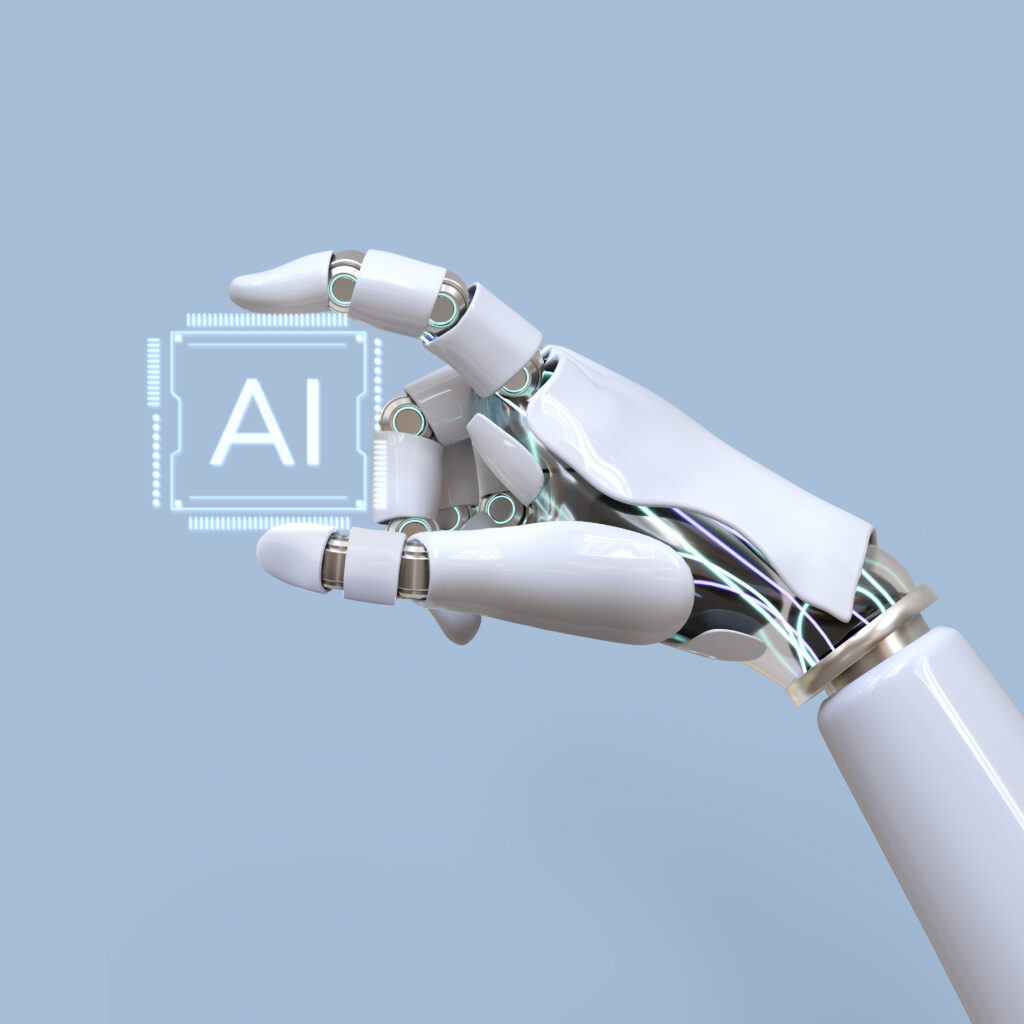Could AI win a Nobel Prize? Experts debate the possibility
As AI models increasingly generate hypotheses and design experiments, some scientists believe machines could one day be eligible for Nobel recognition.

AI is starting to make inroads into scientific discovery. In recent years, AI systems have analysed data, designed experiments, and even proposed hypotheses and behaviours once thought to be uniquely human.
Some researchers now argue that AI could compete with leading scientists, conceivably worthy of a Nobel Prize in a few decades. The ambition invites provocative questions: Can a machine be an author or laureate? What criteria would apply? Would human oversight remain essential?
Sceptics argue that AI lacks consciousness, intentionality or moral agency, all hallmarks of great scientific insight. They caution that the machine’s contributions are derivative, built on human data, models and frameworks. Others contend that denying AI recognition blocks a future where hybrid human-machine teams deliver breakthroughs.
Meanwhile, mechanisms for attributing credit are also under scrutiny. Would the institution or the engineers who built the AI deserve the credit, or the AI itself? The article notes existing examples: AIs have already co-authored papers and databases in genetics or materials science. However, instituting them as Nobel candidates demands shifting philosophical and institutional norms.
As AI systems achieve deeper autonomy, the debate over their role in science and whether they merit high honours will only intensify. The Nobel Prize, a symbolic instrument in the science ecosystem, may evolve to include nonhuman actors if the community permits it.
Would you like to learn more about AI, tech and digital diplomacy? If so, ask our Diplo chatbot!
